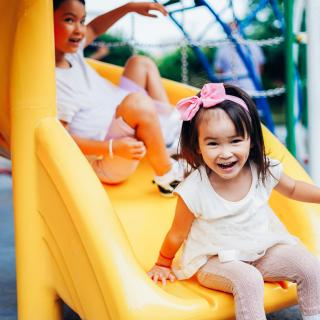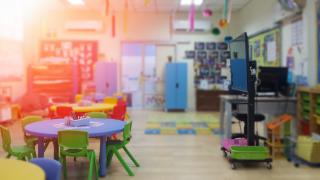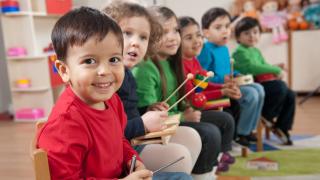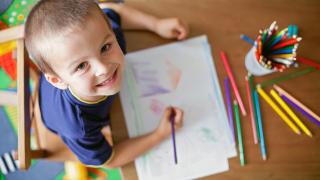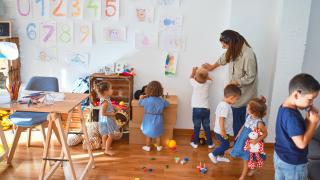Every child deserves high-quality early education
We improve the learning and development of young children through research that transforms policy and practice.
International Journal of Child Care and Education Policy
Qualifications and supports for teaching teams in state-funded preschool in the United States

